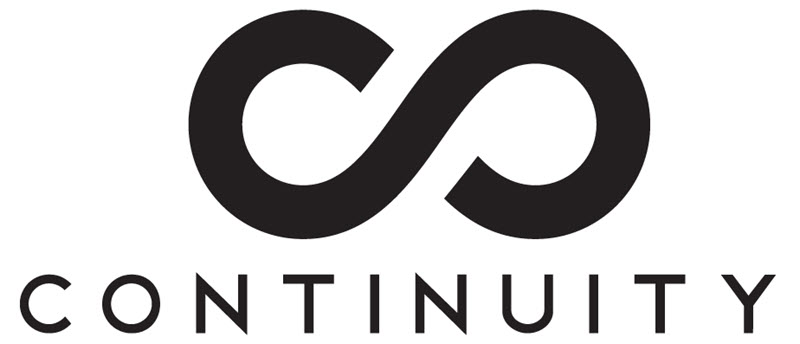It’s been said that people can adapt quickly, but let’s be real, most of us can’t even adjust to a new phone update without having a meltdown. So why do we expect students to instantly adjust to program changes? Sure, change can be healthy. It keeps you flexible and able to adapt. But when you start a program, you adapt to one teacher’s expectations. When it is taken away and somebody is put in their place, those expectations of what you need to do suddenly disappear. You need to learn what the new person wants now.
Students can’t be expected to adapt at a blink of an eye. Adaptation takes time to develop, connections take time to develop, and when you suddenly take away an essential part of a program, you can’t make those connections as quickly as you may need to. Adaptation isn’t instant. You can’t snap your fingers and suddenly have a brand new connection. Humans need some form of stability.
Continuity is something that needs to be encouraged more. People aren’t as fluid and easily changeable as they seem, they require a little bit of stability; something in which to ground themselves. However, these foundations that we have learned to rely on can often be taken away in an instant, and we are expected to adapt just as fast. People can’t adapt that swiftly. While adaptation is a natural part of human nature, it is equally necessary to have stability. Having somebody you know and trust is something humans need. Even the biggest introverts will admit that they need somebody to rely on.
When planning for an audition or tryout, individuals will shape their performance and what they practice around what they know the teacher prefers. Take that away too quickly and students can be left in the dark. They don’t know how to meet the expectations of the adult. If the players, actors, dancers, and singers can’t practice what is wanted, they won’t be considered good for the director or coach. They don’t shape up to their expectations, therefore, categorizing them as “needs improvement”. How does one escape this category when they never get the opportunity to know the director or coach well enough to do what they prefer? They don’t. They get stuck because things are changing too fast for them to adapt.
Of course, humans can adapt. We always do. When there is a sudden shift, we will eventually learn how to adapt to our new environment or new people. But it takes time. When there’s one change and then that change is quickly adjusted, it gives an individual essentially no time to adapt.
To learn and solidify good habits, you need some sort of consistency. But when there is constant “correction”, you don’t have enough time to put into practice good habits before a new idea comes in. Nothing solidifies. Nothing truly becomes a habit when you have to keep adapting.
That’s why continuity matters. Stability isn’t boring, it allows people to grow, to practice good habits, to perform their best. So yes, change can be good, but continuity is the unsung hero of progress.







